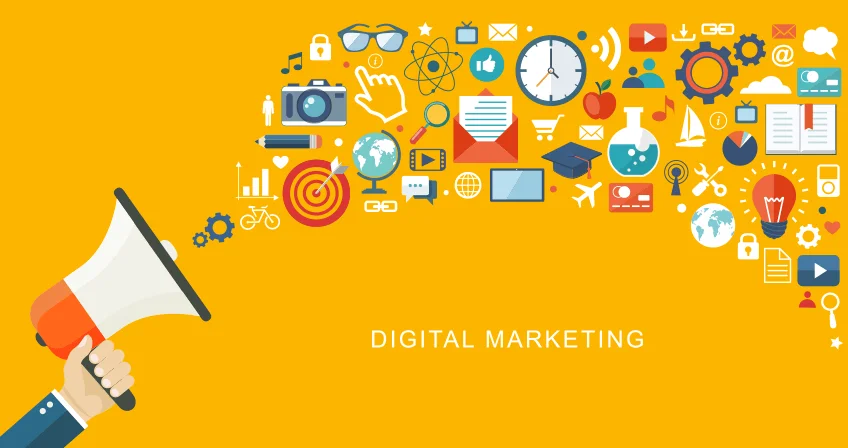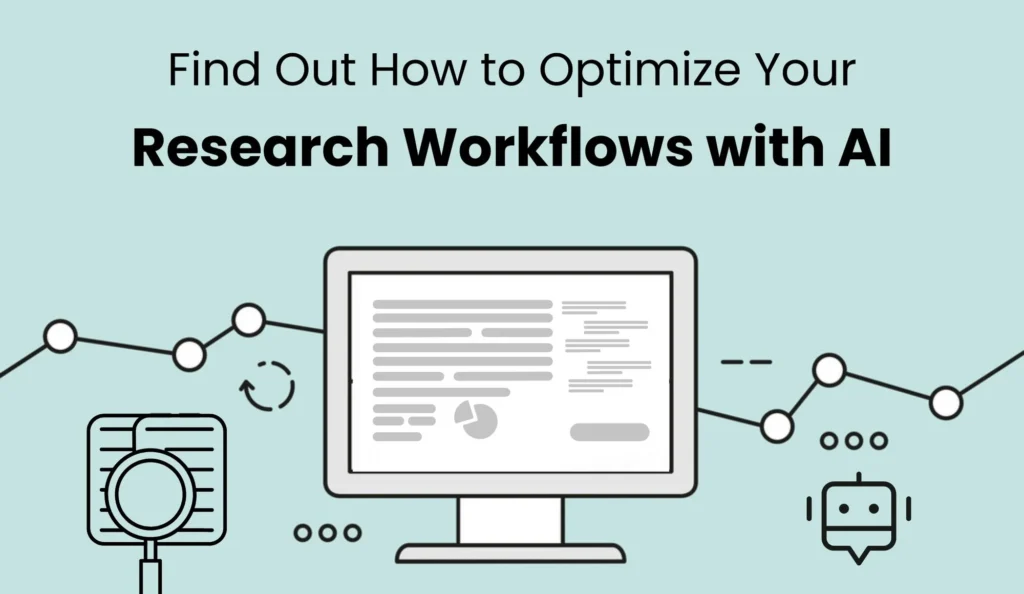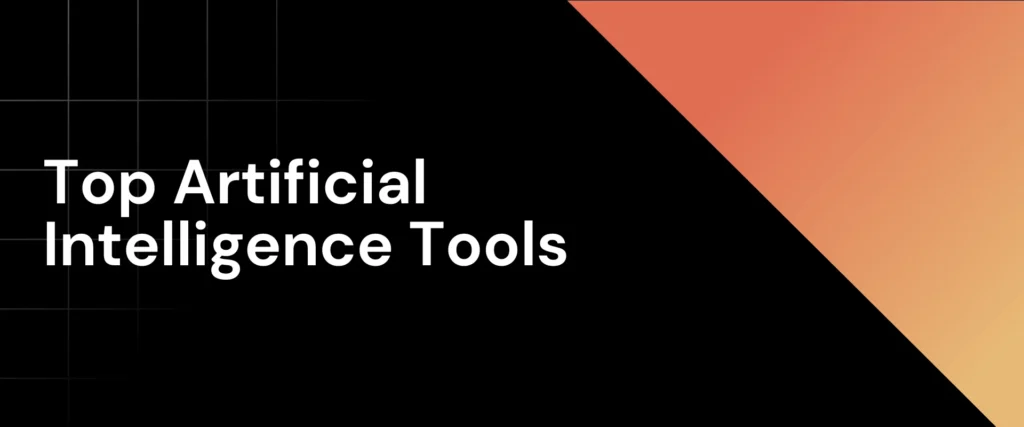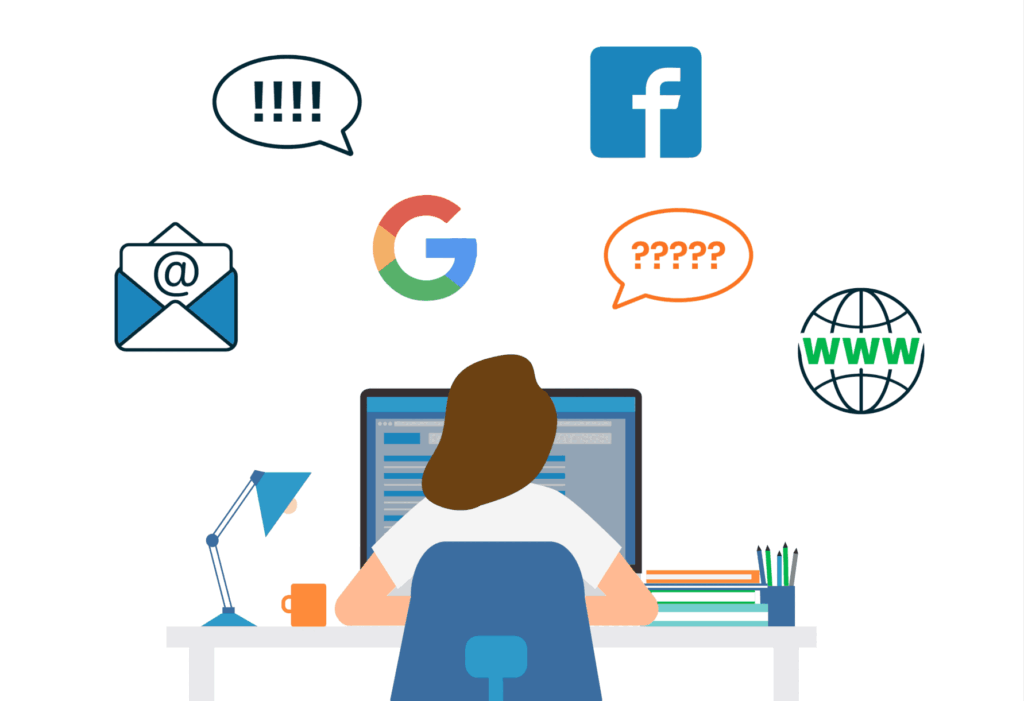Audio and music AI tool
Audio and music production and creation used to be a struggle. Musicians, sound engineers, and creators typically had to invest in expensive equipment, set aside time to rent recording studios and spend hours composing and mixing even a simple track. For novices, or anybody who wasn’t flush with cash, it rendered the act of making music, or any kind of high-quality audio, nearly impossible. Moreover, audio production time was particularly saved for the well-kept, specified tasks like mixing, mastering, and even editing required skill sets. Hence, audio production was a time and cost-consuming affair.
But the challenges have been easier to overcome since the advent of audio and music AI tools. These tools assist with the streamlined creation path so that individuals may generate mixed songs or sound from a sequencing base without a formal education in technical ability or an expensive years-long studio.- Whether composing music, editing a podcast, or creating background audio, these tools speed up, simplify and democratize the process for all.
Table of Contents
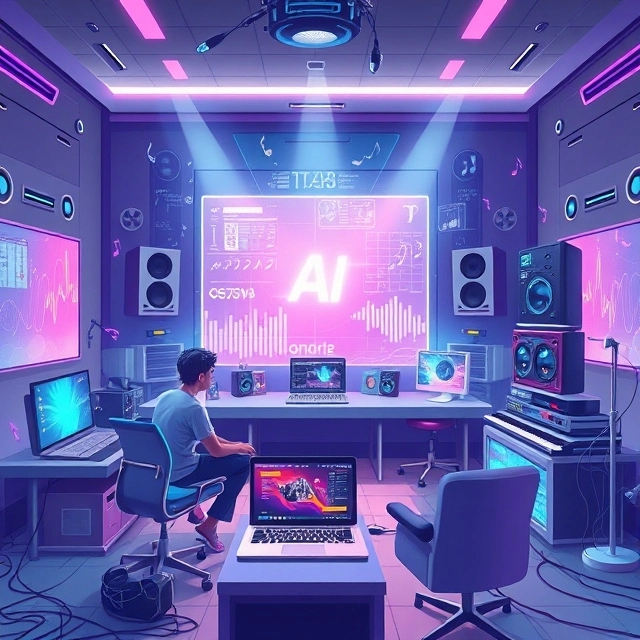
Explore Top Audio and music AI tools
The Problem with traditional Audio and Music Production
Creating high-quality audio and music was a complex process that demanded advancement skills, costly equipment, and a professional recording studio. Writing, mixing and mastering tracks were all expert tasks, making it impossible for independent creators and small businesses to enter the field. Moreover, it was time-consuming and labor-intensive to create original sound effects or music for movies, video games, and advertisements.
AI audio and music generators have transformed this space. They take the complexity out of the process, allowing non-technical users to just step out some pro-audio and music without a huge investment. Whether writing original songs or editing podcasts, AI tools provide a quicker, cheaper, and incredibly accessible option for all.
How Are AI Audio and AI Tools Transforming Creation
- Reduces Production Complexity: These AI tools automate tasks from composing to editing to mastering, enabling simpler audio production.
- Cost-Effective Accessibility: With AI tools, there is no need to invest substantial amounts in devices and studios before creating high-quality audio.
- Time-Saving and Productivity: Due to automation of repetitive tasks, creators are able to spend more time working on their creative concept.
- Adjustable Options: These include tones, effects, genres, instruments, and many usages.
- Inclusivity: Audio and music creation being made possible for audiences that previously had little technical know-how or funds.
What Are the Key Benefits of Audio and Music AI Generators?
- Music Composition Customized to Every Person: AI tools enable users to generate music customized to their specifications — be it background music for video or tailored tunes for commercials.
- Real-Time Adjustments:Users can fine-tune tracks on the fly, adjusting elements like tempo, pitch and instruments to create the ideal sound.
- High-Quality Output: Produces high quality audio that matches standards of the industry and upon casual check is indistinguishable from write-up audio.
- Creative Flexibility: Love its music library for providing users with a wide range of genres, instruments, and sound effects, allowing them to experiment and innovate.
- Effortless Audio Editing: Makes the editing process easier, allowing creators to clean up the audio, volume, and add effects without much work.
Best Audio and Music AI tools in the World
Suno AI: Suno AI is a cutting-edge AI-powered music creation tool that enables users to generate complete musical compositions from simple text prompts.
Soundraw AI: Soundraw is a dynamic AI-powered music generator designed to streamline the music creation process for artists and creators by offering intuitive and customizable music production tools.
Beatoven.ai : Beatoven.ai is an AI-powered music generation platform designed to enhance media projects like videos and podcasts by providing customizable, royalty-free music tailored to specific moods and settings.
Boomy AI: Boomy is an AI-powered music generation platform designed to make music creation accessible to everyone, regardless of their musical expertise.
Use Cases for AI Audio and Music Generators
- Creating Content: With this can be used for podcasts, YouTube videos, and social media content to create professional soundtracks and voiceovers.
- Film and TV: Creates custom scores and sound effects for films, shows and trailers.
- Gaming Industry: Produces 3D soundscapes to complement gaming experiences.
- Marketing: Creates audio for commercials, jingles, and promotional video.
- Education: Helps to produce sound audio for e-learning materials and virtual classrooms.
- Independent Artists: This enables musicians to write and record tracks with only a less in-depth studio arrangement.
- Accessibility: Creates audio, facilitating text-to-speech for the visually impaired or inclusive content.
Drivers of the Adoption of AI Audio and Music Generators
- User-Friendly: Makes difficult audio tasks easy for new users.
- Cost Efficiency: Eliminates the need for expensive equipment, studios, and professionals.
- Time Savings: Automating repetitive tasks so that creators can focus on their vision.
- Applicable Across the Board: Education, entertainment, marketing, gaming, etc.
- International : Expect localized service and content, appealing to national audiences.
- Requires Customization: Satisfies the increasing demand for bespoke audio and effects.
What are the Limitations of AI Audio and Music Generators
- Ethics and Privacy Issues: Voice cloning or manipulating user data might pose ethical and privacy-related challenges.
- Dependency on Technology: Relies on a consistent internet connection and computational capabilities, which may hinder accessibility in certain regions.
- Lackluster Creativity: Might not come close to the improvisation and ingenuity in the way that skilled songwriters and audio engineers do.
- Legal Risks: Legal challenges due to unauthorized use of copyrighted material or cloned voices.
The Potential of AI-based Audio and Music Generators
- Dynamic Sound Configuration: Advanced features enabling on-the-fly manipulation of sound while streaming or during a performance.
- Emotional intelligence: Generative AI will be better at interpreting and replicating human emotions in music, audio, and voice generation.
- Augmented/Virtual Reality Integration: The need for advanced audio tools will become increasingly important for creating immersive soundscapes in augmented and virtual reality applications.
- Collaborative Creativity – AI tools would also possibly facilitate smooth collaboration between artists and AI in co-composing music and soundtracks.
- Hyper-Personalized Audio: Future tools might compose music and sound specific to the user needs and requirements.
Conclusion
These AI Audio and Music AI Tools have democratized high-quality audio production — making it cheaper and faster to produce, and their applications span all industries and create endless opportunities for creators. These tools do have limitations, but the gains outweigh the pains, making them priceless allies for professionals and amateurs alike. As technology continues to advance, AI audio and music generators will undoubtedly take on an even more important role in the evolution of sound.
Related Categories
Explore 1000+ AI Tools in related categories

Get Exclusive AI Tips
Receive the same AI tips that helped me to make $37,605 in just two weeks!


